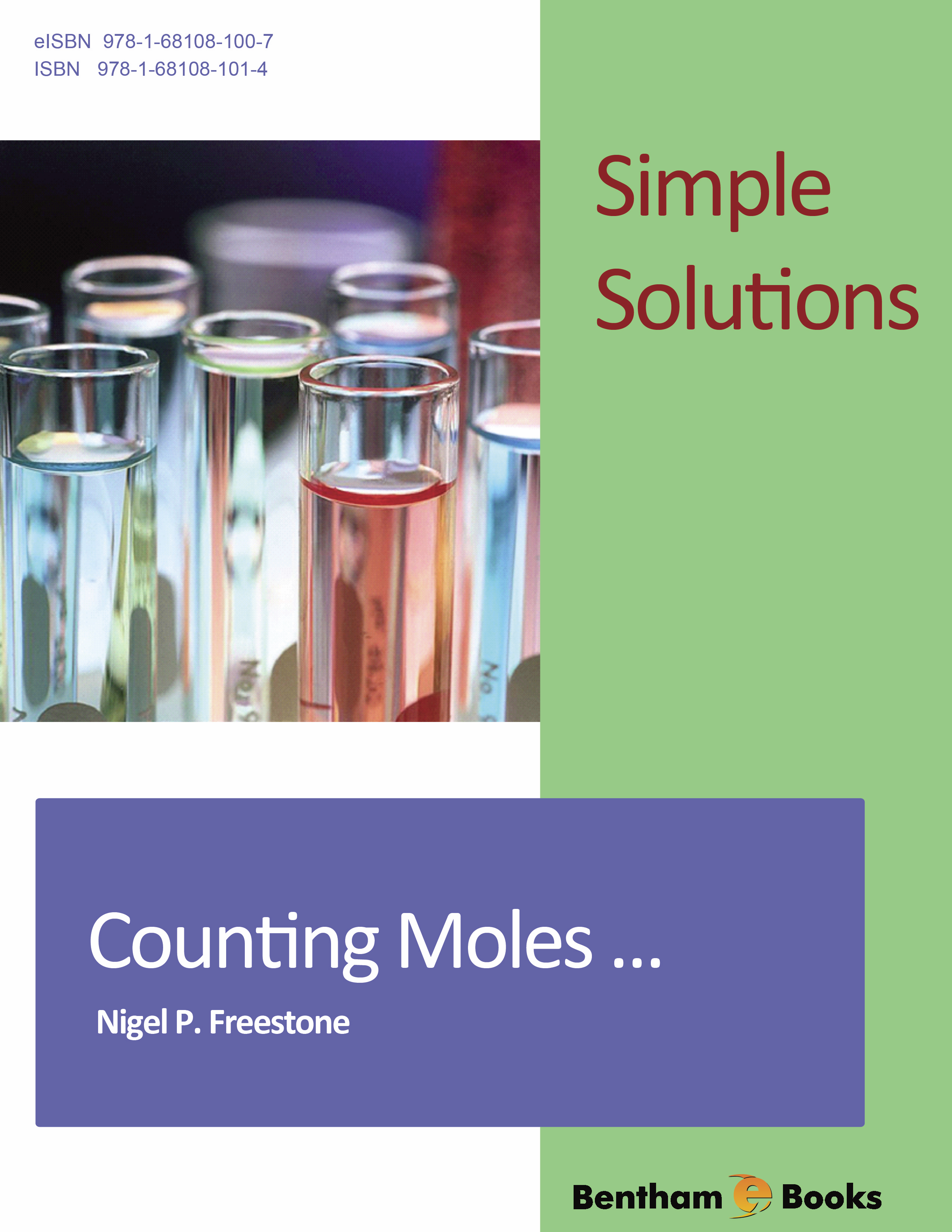Foreword
When people I meet ask me what I do and I mention that I trained as a chemist, they usually wince. This is often followed by a comment such as, “there’s too much maths in chemistry”; “learning chemistry is like learning a foreign language”; “there’s a lot to learn.” People very rarely say, “I wish I’d learned more chemistry at school” or “chemistry is so interesting.” This is hugely frustrating for me as chemistry is everywhere – everything we see, touch, taste, smell and even hear involves chemicals and chemistry. I think it is a brilliant, fascinating, complex and simple subject that shapes and changes our world for the better.
However, having taught various aspects of (mainly environmental) chemistry from primary school to PhD levels for more than a quarter of a century, I’m very aware that chemistry can be viewed as difficult, theoretical and even irrelevant to people’s everyday lives. This is a terrible shame and may have unforeseen adverse consequences. The world is facing a large number of global challenges that include anthropogenic climate change, sustainable development, the need for adequate supplies of clean water and other key resources such as metals, growing energy demands, concerns about food supply and quality, and the impacts on nutrition and health. Chemistry can make a significant contribution to helping us to mitigate or solve these challenges – but for that to happen, we need more chemists.
I know from talking to colleagues in industry, business and academia that there is a potential shortage of human resources in key scientific professions. There have been numerous pleas for the rejuvenation of science teaching and initiatives to increase the interest and attainment of students in science and mathematics. Basic scientific skills such as communication, classification, measurement, observation, inference and prediction contribute to a larger purpose - problem solving. These skills allow scientists to conduct systematic, objective investigations and to reach conclusions based on the results. Such skills are vital in chemistry. We need young people who are mathematically and scientifically literate and who engage with scientific problems in an orderly, “can-do” fashion. We cannot allow a shortfall in these skills to emerge simply through neglect or fatalism or worse – because subjects such as chemistry are “hard, “dangerous”, “geeky”, “too mathematical” or require “too much work”.
Therefore I’m delighted to welcome Nigel Freestone’s refreshing book “Counting Moles” to the stable of chemistry textbooks. Nigel has a wealth of experience in delivering chemical concepts to young people in an engaging and inspiring fashion. This book is designed to provide multiple opportunities for students to develop a firm understanding of chemical concepts that underpin the whole subject. Students will be able to use the multiple worked examples and calculating frame to hone their skills and become more confident in fundamental problem-solving activities, culminating in the award of a Counting Moles Driving Licence that confirms their achievement. I’m sure Nigel’s book will make a significant contribution to addressing the chemistry skills shortage and to ensuring that this wonderful subject continues to make its distinct contribution to solving the world’s challenges.
Ian Williams, University of Southampton, June 2015.

